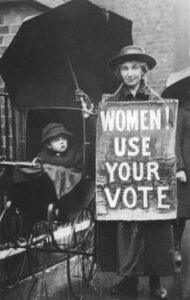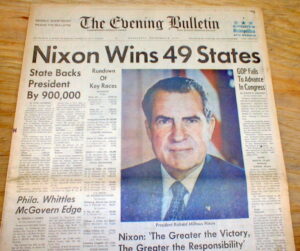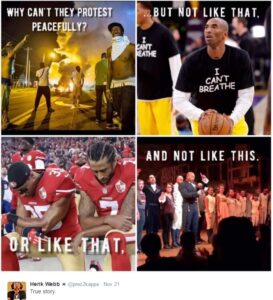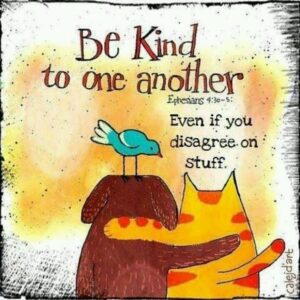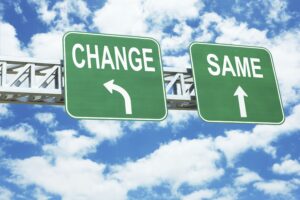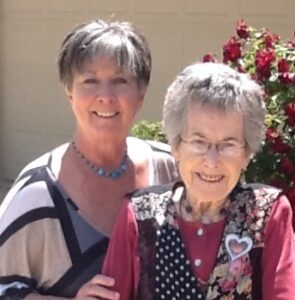Joan Chittister is a Benedictine Sister, theologian, author, speaker, and persistant advocate for social justice. I so appreciate her affirmation here of something I believe deeply: there is an overwhelming number of us humans who live our lives with kindness, fairness, and compassion. There are more of “us” than there are of “them.”
In all my years of traveling around the world, one thing has been present in every region, everywhere. One thing has stood out and convinced me of the certain triumph of the great human gamble on equality and justice.
Everywhere there are people who, despite finding themselves mired in periods of national [disruption] or personal marginalization refuse to give up the thought of a better future or give in to the allurements of a deteriorating present. They never lose hope that the values they learned in the best of times or the courage it takes to reclaim their world from the worst of times are worth the commitment of their lives.
Continue reading There are More of UsThese people, the best of ourselves, are legion and they are everywhere.

